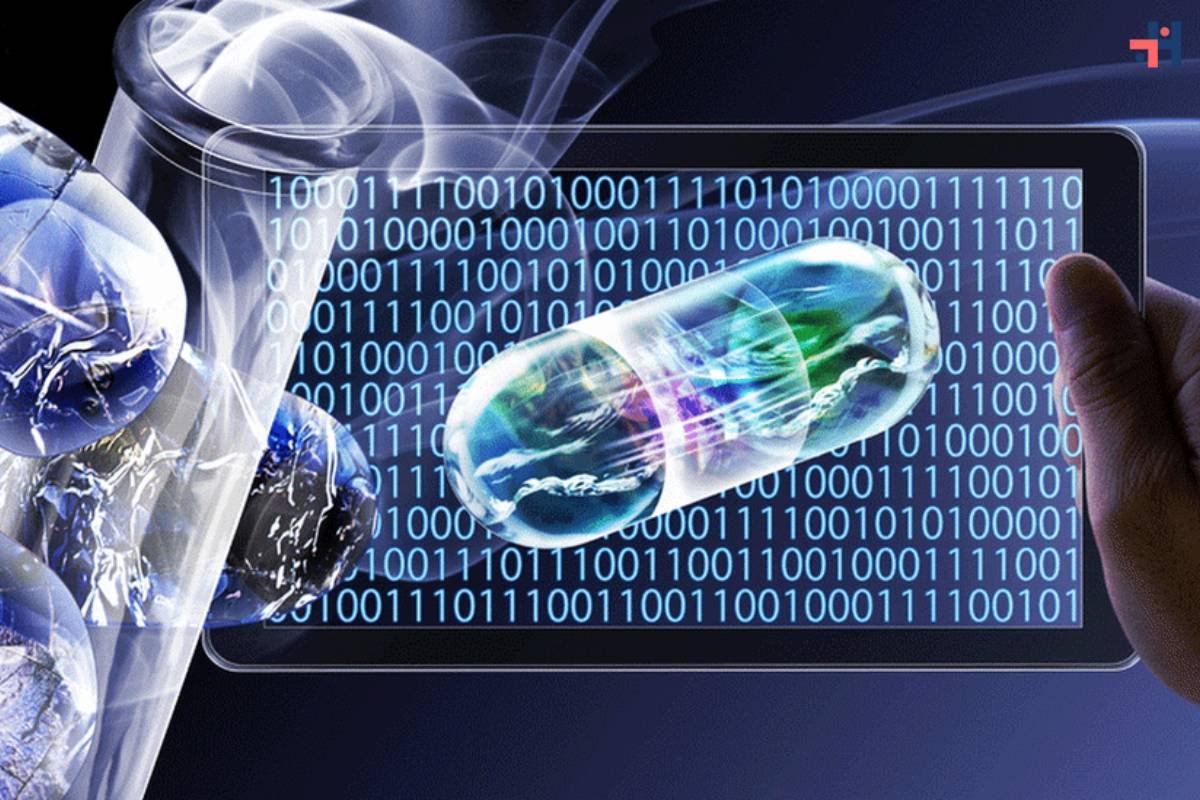Technological advancements continue to redefine patient care and treatment protocols. Among the myriad innovations, medication management stands out as a crucial area where technology is revolutionizing the way medications are prescribed, dispensed, and monitored. From smart pill dispensers to AI-driven adherence tools, medication management innovations are enhancing patient outcomes, improving medication adherence, and reducing healthcare costs.
Understanding Medication Management Innovations
Medication management encompasses a comprehensive approach to ensuring that patients receive the right medications, in the correct doses, at the appropriate times, and through the most suitable delivery methods. Effective medication management involves various stakeholders, including healthcare providers, pharmacists, patients, and caregivers, working collaboratively to optimize therapeutic outcomes while minimizing adverse effects and medication errors.
The Importance of Medication Management Innovations

Innovations in medication management are essential for addressing the complex challenges associated with medication adherence, medication errors, and medication-related adverse events. Poor medication management can lead to treatment failures, disease progression, hospitalizations, and increased healthcare costs. By leveraging technology and innovative solutions, healthcare organizations can streamline medication processes, enhance patient engagement, and promote safer medication practices.
Key Innovations in Medication Management
1. Smart Pill Dispensers
Smart pill dispensers are IoT-enabled devices designed to automate medication dispensing and monitoring. These devices can store and dispense multiple medications according to preset schedules, alerting patients when it’s time to take their medications. Some smart pill dispensers are equipped with features such as medication reminders, dose tracking, and real-time adherence monitoring. By promoting medication adherence and reducing the risk of missed doses, smart pill dispensers contribute to improved treatment outcomes.
2. Medication Adherence Apps
Medication adherence apps leverage mobile technology to help patients track their medication schedules, set reminders, and receive educational resources about their medications. These apps often include features such as refill reminders, pill identification tools, and medication interaction checkers. Additionally, some medication adherence apps use gamification techniques to incentivize adherence and reward patients for consistently taking their medications as prescribed.
3. Electronic Prescribing Systems
Electronic prescribing (e-prescribing) systems allow healthcare providers to electronically transmit prescriptions to pharmacies, eliminating the need for handwritten or printed prescriptions. E-prescribing systems integrate with electronic health records (EHRs) to provide clinicians with access to patients’ medication histories, allergy information, and formulary restrictions in real time. By streamlining the prescription process and reducing medication errors, e-prescribing systems enhance patient safety and medication management efficiency.
4. Medication Therapy Management (MTM) Programs
Medication therapy management (MTM) programs involve comprehensive medication reviews conducted by pharmacists to optimize patients’ medication regimens and improve therapeutic outcomes. MTM programs identify medication-related problems, such as drug interactions, duplications, and inappropriate dosages, and collaborate with healthcare providers to resolve them. Through personalized medication counseling and patient education, MTM programs empower patients to better understand their medications and adhere to their treatment plans.
5. Artificial Intelligence (AI) in Medication Management

Artificial intelligence (AI) is increasingly being utilized in medication management to analyze large datasets, identify patterns, and generate actionable insights. AI-powered medication management platforms can predict patient adherence behavior, detect medication errors, and recommend personalized interventions to improve medication adherence and patient outcomes. By harnessing the power of machine learning algorithms, AI-driven medication management solutions continuously learn and adapt to individual patient needs, driving more effective medication management strategies.
The Impact of Medication Management Innovations
The adoption of medication management innovations has far-reaching implications for healthcare delivery, patient care, and health outcomes. By optimizing medication use, reducing medication errors, and promoting adherence, these innovations contribute to:
- Improved Patient Outcomes: Medication management innovations help patients adhere to their treatment plans, resulting in better disease management, reduced complications, and enhanced quality of life.
- Enhanced Patient Safety: By minimizing medication errors, adverse drug events, and drug interactions, medication management innovations enhance patient safety and reduce the risk of harm associated with medication use.
- Cost Savings: Effective medication management can lead to cost savings for healthcare systems by reducing hospital admissions, emergency department visits, and other healthcare utilization related to medication-related issues.
- Increased Healthcare Efficiency: Streamlining medication processes through automation, electronic systems, and AI-driven tools improves workflow efficiency for healthcare providers, allowing them to focus more on patient care and less on administrative tasks.
- Empowered Patients: Medication management innovations empower patients to take an active role in managing their health and medications, fostering greater engagement, responsibility, and accountability for their treatment outcomes.
Also Read: Revolutionizing Healthcare: The Role of Telemedicine in Pharmaceutical Services
Future Directions in Medication Management

As technology continues to evolve and healthcare needs evolve, the future of medication management holds exciting possibilities. Emerging trends such as telemedicine, wearable health devices, and personalized medicine are poised to further transform medication management practices and patient care. By embracing innovation and collaboration, healthcare stakeholders can continue to advance medication management strategies and improve health outcomes for all.
Conclusion
Innovations in medication management are reshaping the healthcare landscape, offering new opportunities to optimize medication use, improve patient adherence, and enhance treatment outcomes. From smart pill dispensers to AI-driven adherence tools, these innovations hold tremendous promise for revolutionizing patient care and promoting safer, more effective medication practices. By leveraging technology, data-driven insights, and collaborative approaches, healthcare organizations can unlock the full potential of medication management innovations and create a healthier future for all.









